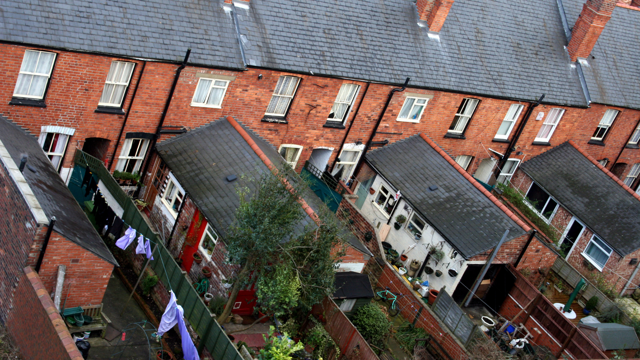It's ASB Awareness Week from 30 June to 6 July 2025, and this year's theme is ‘Making Communities Safer.’
Addressing anti-social behaviour (ASB) is important for your wellbeing and making sure that you feel safe and secure in your own home. We want to work with you and support you to deal with it. To help with this, we want to address with some common misunderstandings.
Fact: Mediation works in many cases – and it doesn’t have to be face-to-face.
Mediation is a confidential, voluntary service that helps neighbours resolve disputes in a calm, safe way. You can take part separately if you’re uncomfortable meeting the other person directly. Mediators speak to all parties separately to work through the issue. It’s the mediator's job to go between the parties to get an agreement.
Fact: Cannabis use and growing is illegal and a breach of tenancy agreements.
We will take action if cannabis use is reported – including working closely with Merseyside Police where needed. Even small-scale use or cultivation can cause strong smells, attract criminal activity, and create fear in the community.
Fact: Noise nuisance can be a problem at any time, day or night.
There’s no automatic cut-off time for what is considered a nuisance. Repeated or excessive noise – loud music, shouting, DIY at odd hours – can be ASB whether it's 3pm or 10:59pm. If it’s disturbing your neighbours, it’s an issue.
Fact: Reporting ASB helps us take action and protect your community.
We can only act on what we know. Your reports give us the evidence we need to intervene, support those affected, and take further action where necessary. Even if action isn’t immediate, any information you can provide helps build a clear picture of what is going on.
Fact: Riding scrambler bikes on public roads is dangerous and, in most cases, illegal.
Off road bikes cause a nuisance and distress to many people due to the noise they cause and the damage they cause to grassed areas. Allowing a family member to use or store an illegal scrambler bike could be a breach of your tenancy agreement.
If you have any information about where scrambler bikes are being stored, it is key to helping us tackle the ASB and illegal use of these bikes.
Fact: Eviction is always a last resort – not a guaranteed outcome.
We aim to resolve issues fairly and proportionately. Most cases are dealt with through early intervention, advice, mediation, or tenancy warnings. Making a complaint doesn’t mean your neighbour is automatically at risk of losing their home – it means we can start working on a solution.
Fact: There are no set number of warnings you will receive before action is taken – or not taken.
Every case is different. Some situations need immediate legal action; others are better resolved through support or mediation. We assess each complaint carefully and respond in a proportionate way that prioritises safety and fairness.
Fact: We can – and do – take action against owner/occupiers.
If ASB affects one of our residents, we will take steps to address it – even if the person causing the problem is in private housing. We often work with other landlords, councils and police to tackle issues across tenures.
Fact: You don’t have to move to get help – and we’re here to support you.
We treat domestic abuse as a serious breach of tenancy. We can work with you to put safety plans in place, take legal action against perpetrators, and link you with specialist services. Moving might be an option – but it’s not the only one.
Truth: Hate crime is a serious offence – and we act on every report.
No one should feel unsafe or targeted where they live. If you experience or witness abuse based on religion, sexuality, gender identity, disability or other protected characteristics, report it. We will support you and work with the police and other partners to take appropriate action.
How can I report ASB?
You can report ASB online here. You can also report ASB over the phone by calling us on 0330 303 3000, in person at our office or to one of our colleagues, by email at [email protected].

